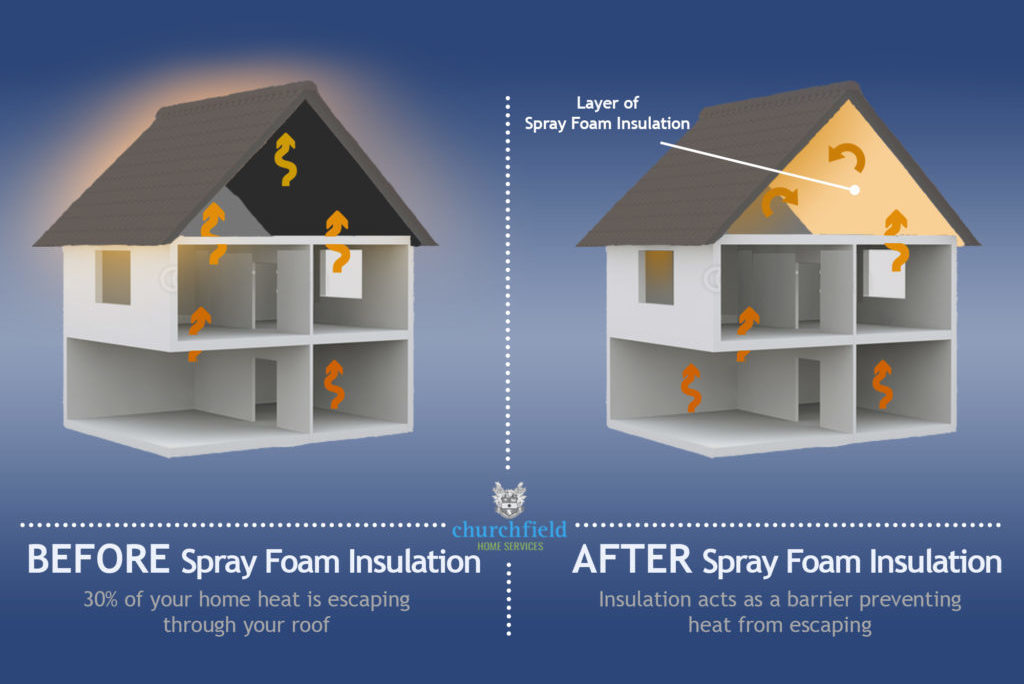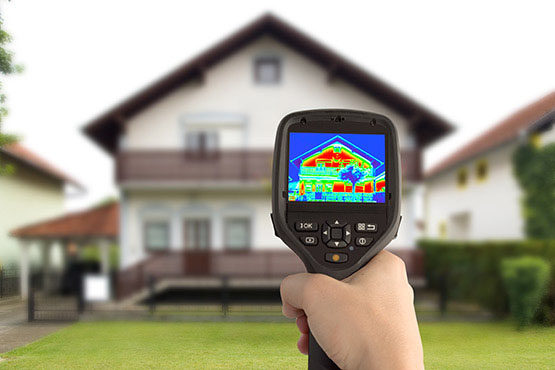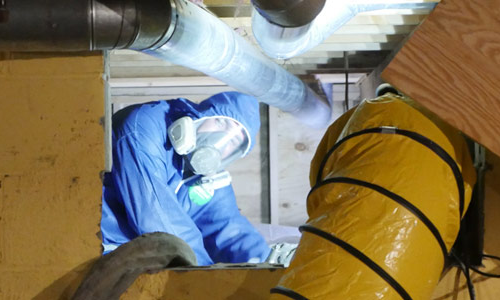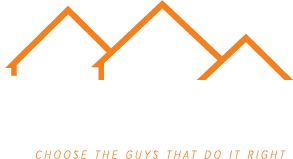Spray Right Foam Insulation offers spray foam insulation installation. We will always provide you with as much information regarding our services as possible.
Spray Foam Insulation
Spray foam insulation or (SPF) Spray polyurethane foam is the most efficient, energy, and cost-saving option for your home or business. Whether the building is new or existing construction, from metal buildings to barns, spray foam products play a crucial role in ensuring buildings operate efficiently as a system, minimizing leaks and keeping conditioned air inside when applied to walls, roofs, ceilings, floors, basements, and foundations. Spray Foam is a 2-in-1 package that’s not just an insulator but also a superior air barrier.
Debunking the Misconceptions of Spray Foam
Created by Huntsman Building SolutionsUNDERSTANDING R-VALUES
R-VALUE is a measure of the capacity of a material to resist heat transfer.R-VALUE is a measure of the capacity of a material to resist heat transfer. An insulating material’s resistance to conductive heat flow is measured or rated in terms of its thermal resistance or R-value. The higher the R-value, the greater the insulating effectiveness. Though these values can change based on the type of construction and heating system used.
Recommended Home Insulation R– Values
Before spray foam insulation, 30% of your home heat and cooling escapes through your roof.

Air Leaks
New and existing construction, attics, under sub-floors, metal buildings, barns, and storage containers. It fills cracks, crevices, and voids and adheres to irregular surfaces or substrates to form an air sealing insulation. SPF provides sound reduction by blocking and absorbing air leakage which saves on energy costs and lowers utility bills. Properly deployed Spray Foam insulation is part of a system designed to protect against moisture, reducing the chance of harmful mold, mildew and rotting of wood.

Common air leaks happen through your roof.
Spray Foam Insulation Information:
Spray foam insulation is an alternative to traditional building insulation, such as fiberglass. It is a two-component mixture composed of isocyanate and polyol resin that are combined at the tip of a gun to form an expanding foam. The foam is sprayed onto roof tiles, concrete slabs, into wall cavities, or through holes drilled into the cavity of a finished wall. Both types of SPF are thermoset cellular plastics comprising millions of small cells. There are two different types of spray foam insulation:
Light-Density Open Cell (half-pound foam):
- Due to its ability to expand during the application process, ocSPF fills cracks, crevices, and voids and adheres to irregular surfaces or substrates to form an air sealing insulation.
- It provides sound reduction by blocking and absorbing air leakage.
- Reduces noise transmission.
- Semi-rigid material with a sponge-like appearance that expands during installation and creates small, open cells that are filled with carbon dioxide. It can be crushed in your hand.
- It is less expensive than traditional types of insulation such as fiberglass.
- ocSPF has a typical R-value of 3.5 to 3.7 per inch.
- Recommended for indoor applications.
- We normally do not recommend using open cell foam in the Pacific Northwest.
Closed Cell (aka two -pound foam)
- Closed Cell SPF creates an airtight barrier. When the required minimum thickness of 1.5-2 inches is installed, CC SPF is both a vapor barrier and an air barrier.
- It is perfect for attics, exterior walls, and metal buildings.
- Reduces noise transmission.
- A moisture barrier is created.
- It is rigid to the touch
- Adds strength and rigidity for improved structural integrity.
- There is a typical R-value of 6 per inch.
Sealed Crawl Spaces:

Sealing your crawl space with a proper barrier will help keep moisture, mold, and radon out of your living space.
Benefits include:
- Improved indoor air quality
- Allows the crawlspace to be safely used for storage
- Fewer insects
- Lower utility bills
- Less mold
- Increased home value
- Clean and bright space

